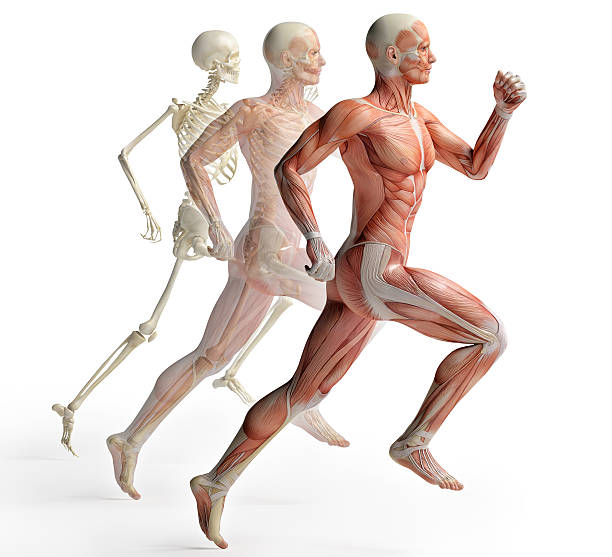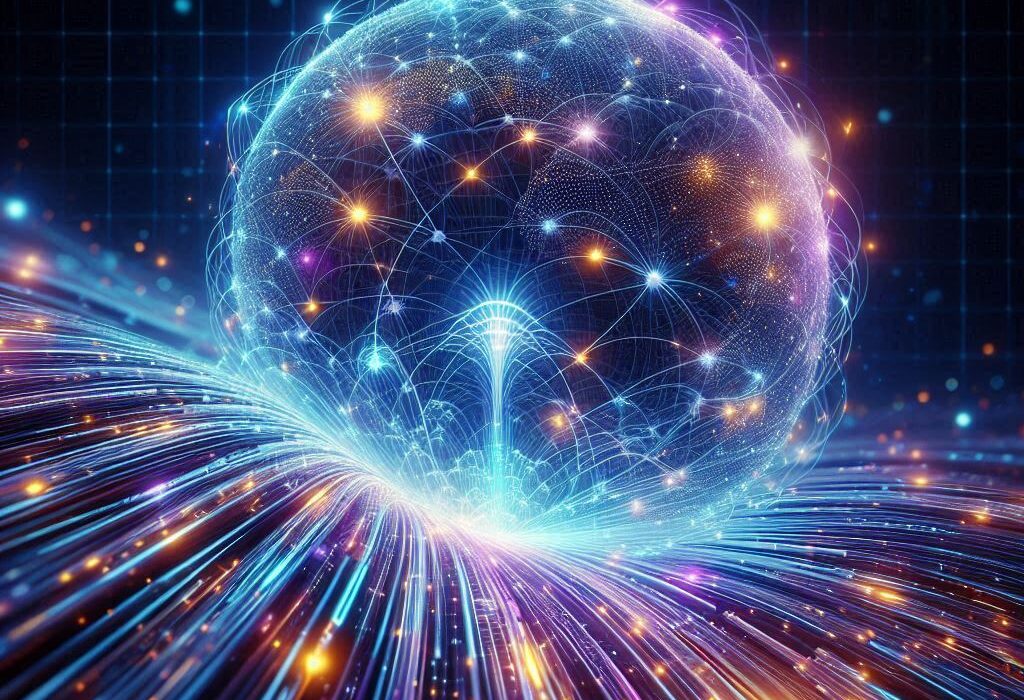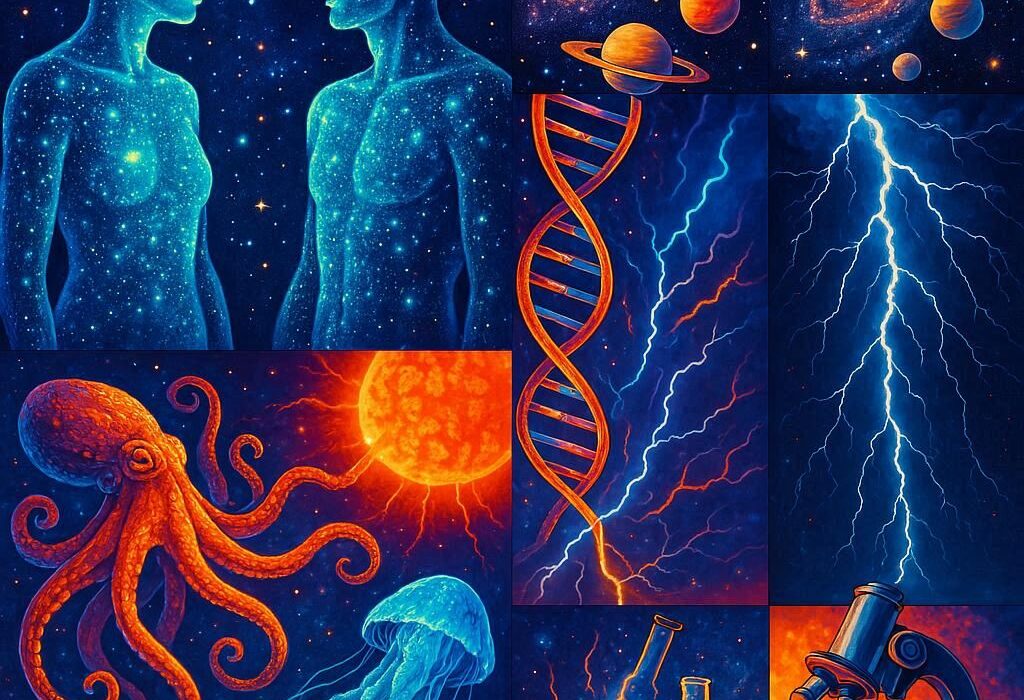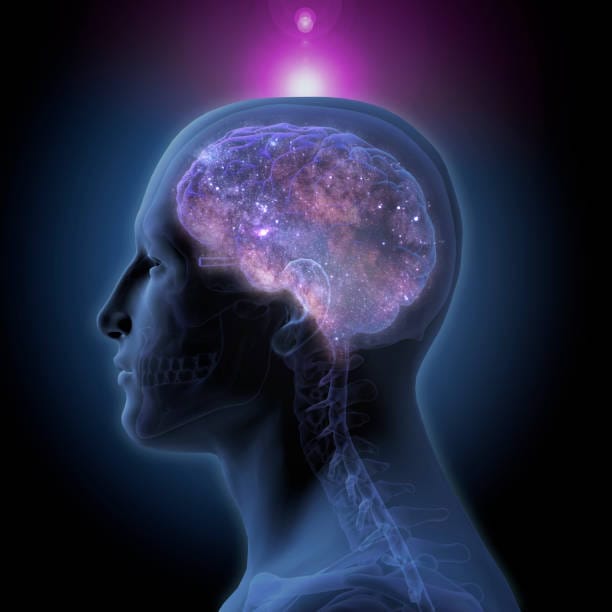The last century has been nothing short of revolutionary for human civilization. In just 100 years, humanity has gone from horse-drawn carts and handwritten letters to self-driving cars and instant global communication. The pace of innovation has been breathtaking, reshaping every aspect of our daily lives—from how we eat and travel to how we heal, connect, and imagine the future.
Some inventions have been incremental improvements, while others have been radical breakthroughs that forever changed the course of history. In this article, we will explore 15 of the most impactful inventions of the last 100 years, innovations that transformed society, redefined possibility, and continue to shape the world we live in today.
1. The Internet
Perhaps no invention has transformed modern life as profoundly as the Internet. What began in the late 1960s as ARPANET, a military project designed to share information between computers, has grown into a global network connecting billions of people.
By the 1990s, the Internet had exploded into the public sphere, changing communication, commerce, entertainment, and education. Social media, streaming platforms, e-commerce giants, and online banking now define daily life. Knowledge that once required trips to libraries is available instantly at our fingertips.
The Internet has shrunk the world, allowing people across continents to collaborate in real-time. It has democratized access to information while raising new challenges like privacy concerns, misinformation, and cybercrime. Still, as the backbone of the digital age, it remains one of the greatest inventions ever.
2. Personal Computers
Before personal computers, computing was confined to massive, room-sized machines used only by governments and universities. In the 1970s and 1980s, companies like Apple, IBM, and Microsoft brought personal computers (PCs) into homes and offices.
Suddenly, individuals could process documents, store data, and perform calculations at incredible speeds. The rise of graphical user interfaces, word processors, spreadsheets, and games made PCs essential tools for both work and leisure.
Today, PCs have evolved into laptops, tablets, and ultra-thin devices. They are indispensable for education, business, creativity, and nearly every human endeavor. Personal computers didn’t just change how we work—they reshaped how we think, learn, and create.
3. Smartphones
If the PC brought computing into our homes, the smartphone put it in our pockets. First appearing in the late 2000s, smartphones combined the power of computers with telecommunication. Apple’s iPhone in 2007 was the true turning point, transforming phones into handheld hubs of productivity, entertainment, and connectivity.
Smartphones are more than just communication devices. They are cameras, GPS navigators, music players, health trackers, and digital wallets. They have created entire industries—app development, mobile gaming, and gig economies—while altering social dynamics and culture worldwide.
For better or worse, the smartphone has become an extension of human identity, shaping how we live, love, and learn in the 21st century.
4. The Airplane
Although the Wright brothers first achieved powered flight in 1903, it was during the last 100 years that airplanes revolutionized the way humans travel and connect. The invention of commercial aviation in the 1920s and 1930s opened the skies to passengers, shrinking the world in unprecedented ways.
Today, airplanes carry billions of people each year across continents in hours, connecting cultures, economies, and families. They also transport goods, medical supplies, and humanitarian aid, making global commerce possible.
Airplanes have also changed warfare, exploration, and even our understanding of Earth, as satellites and spacecraft were launched using advances in aviation. In many ways, the airplane symbolizes humanity’s dream of breaking physical boundaries and touching the skies.
5. Nuclear Power
The discovery of nuclear fission in the 1930s gave birth to both one of humanity’s most dangerous weapons and one of its most powerful energy sources. Nuclear power plants generate electricity by splitting atoms, producing immense amounts of energy without the carbon emissions of fossil fuels.
Nuclear energy has provided a significant portion of the world’s electricity for decades, fueling entire cities and industries. At the same time, nuclear weapons changed global politics forever, introducing the terrifying possibility of mass destruction.
Despite its risks, nuclear power remains one of the most influential inventions of the last century, embodying both humanity’s genius and its destructive potential.
6. Antibiotics
Few inventions have saved more lives than antibiotics. Before their discovery, infections that are now considered minor—like pneumonia, tuberculosis, or even a cut on the hand—could be deadly.
In 1928, Alexander Fleming accidentally discovered penicillin, the first antibiotic. By the 1940s, antibiotics were being mass-produced, revolutionizing medicine. Diseases that once wiped out millions could now be treated effectively.
Antibiotics helped extend human life expectancy, made surgeries safer, and transformed global health. However, the rise of antibiotic resistance now poses a serious challenge, reminding us that even our greatest medical inventions must be used wisely.
7. The Laser
The invention of the laser in 1960 by Theodore Maiman was a breakthrough with countless applications. At first dismissed as a “solution in search of a problem,” lasers are now used everywhere: in medicine (eye surgeries, cancer treatments), in communication (fiber optics), in industry (cutting and welding), and in everyday life (barcode scanners, printers, and Blu-ray players).
Lasers are also critical in scientific research, from atomic clocks to particle physics experiments. They represent the marriage of physics and technology, turning an abstract concept into one of the most versatile tools of modern civilization.
8. The Microchip
The microchip, invented in the late 1950s, is the unsung hero of the digital age. Microchips, or integrated circuits, are tiny wafers of silicon that contain millions—or even billions—of transistors. They power everything from computers and smartphones to cars, medical devices, and spacecraft.
Without microchips, none of the digital technologies we rely on today would exist. They have miniaturized machines, made electronics affordable, and accelerated innovation in ways that reshaped human civilization.
The microchip truly represents the brain of modern technology, quietly driving progress behind the scenes.
9. Spacecraft and Satellites
The 20th century was the dawn of the space age, marked by Sputnik’s launch in 1957 and the Apollo Moon landing in 1969. Spacecraft and satellites have since transformed our understanding of the universe and reshaped life on Earth.
Satellites orbiting Earth enable GPS navigation, weather forecasting, global communication, and Earth observation. Space exploration has uncovered planets, galaxies, and cosmic phenomena, expanding human knowledge beyond imagination.
From the International Space Station to Mars rovers, spacecraft symbolize humanity’s quest to reach the stars. They remind us that innovation is not just about solving problems on Earth but also about exploring new horizons.
10. The Internet of Things (IoT)
The Internet of Things (IoT) is a recent but transformative invention. It refers to the network of devices—from refrigerators to thermostats, cars to wearable watches—that communicate with each other through the Internet.
IoT has made homes smarter, industries more efficient, and healthcare more personalized. Smart sensors monitor energy use, fitness trackers measure health, and cities deploy IoT technology for traffic, waste, and resource management.
This invention blurs the line between the physical and digital worlds, weaving technology seamlessly into everyday life.
11. 3D Printing
3D printing, also known as additive manufacturing, is revolutionizing production. Invented in the 1980s but popularized in the 2000s, it allows objects to be built layer by layer from digital models.
The applications are vast: custom medical implants, rapid prototyping, aerospace components, and even food and housing. During crises like the COVID-19 pandemic, 3D printing helped produce medical equipment quickly.
This invention democratizes manufacturing, giving individuals and small businesses the power to create complex designs once limited to factories. In many ways, 3D printing represents the future of innovation itself.
12. Renewable Energy Technologies
With climate change looming, renewable energy inventions are among the most vital of the last century. Solar panels, wind turbines, and advanced hydropower systems harness natural resources to generate clean energy.
Solar photovoltaic technology, in particular, has grown dramatically in efficiency and affordability, powering homes and businesses worldwide. Wind farms now generate massive amounts of electricity, while innovations in battery storage are making renewables more reliable.
These technologies are not just inventions—they are lifelines for a sustainable future.
13. The World Wide Web
Though often confused with the Internet, the World Wide Web (WWW) is a separate invention, created by Tim Berners-Lee in 1989. While the Internet provided the infrastructure, the Web made it accessible, user-friendly, and interconnected through browsers and hyperlinks.
The Web enabled online shopping, streaming, social media, and the modern digital economy. It turned the Internet from a tool for researchers into a global phenomenon accessible to anyone with a connection.
The Web democratized information and changed culture, politics, and economics on a global scale.
14. Artificial Intelligence (AI)
While the concept of artificial intelligence dates back decades, recent advances have turned it into one of the most revolutionary inventions of our time. AI systems can now recognize speech, translate languages, diagnose diseases, drive cars, and even create art.
Machine learning and deep learning have unlocked new possibilities in data analysis, robotics, and automation. AI is reshaping industries, from healthcare and finance to entertainment and transportation.
Yet, AI also raises profound ethical questions. Will it replace jobs? How do we ensure it is fair and safe? Despite these debates, AI remains one of the most transformative inventions of the century.
15. The Human Genome Project
Completed in 2003, the Human Genome Project was one of the greatest scientific achievements of all time. For the first time in history, scientists mapped the entire sequence of human DNA—the genetic code that makes us who we are.
This invention has revolutionized medicine, enabling personalized treatments, genetic testing, and advances in biotechnology. It has deepened our understanding of evolution, disease, and what it means to be human.
The Human Genome Project opened doors to CRISPR gene-editing technologies and other breakthroughs that will shape the future of biology, healthcare, and ethics.
Conclusion
The last 100 years have been a whirlwind of innovation. From the Internet and smartphones to antibiotics and nuclear power, these inventions have redefined human life in ways our ancestors could not have imagined. Some have saved billions of lives, while others have created new risks and ethical challenges.
What unites them all is their transformative power. Each invention reflects humanity’s boundless creativity and relentless drive to solve problems, explore new frontiers, and imagine a different future.
And as we look ahead to the next 100 years, one thing is certain: the story of invention is far from over. If the past century has taught us anything, it’s that the greatest breakthroughs may still be waiting just around the corner.






